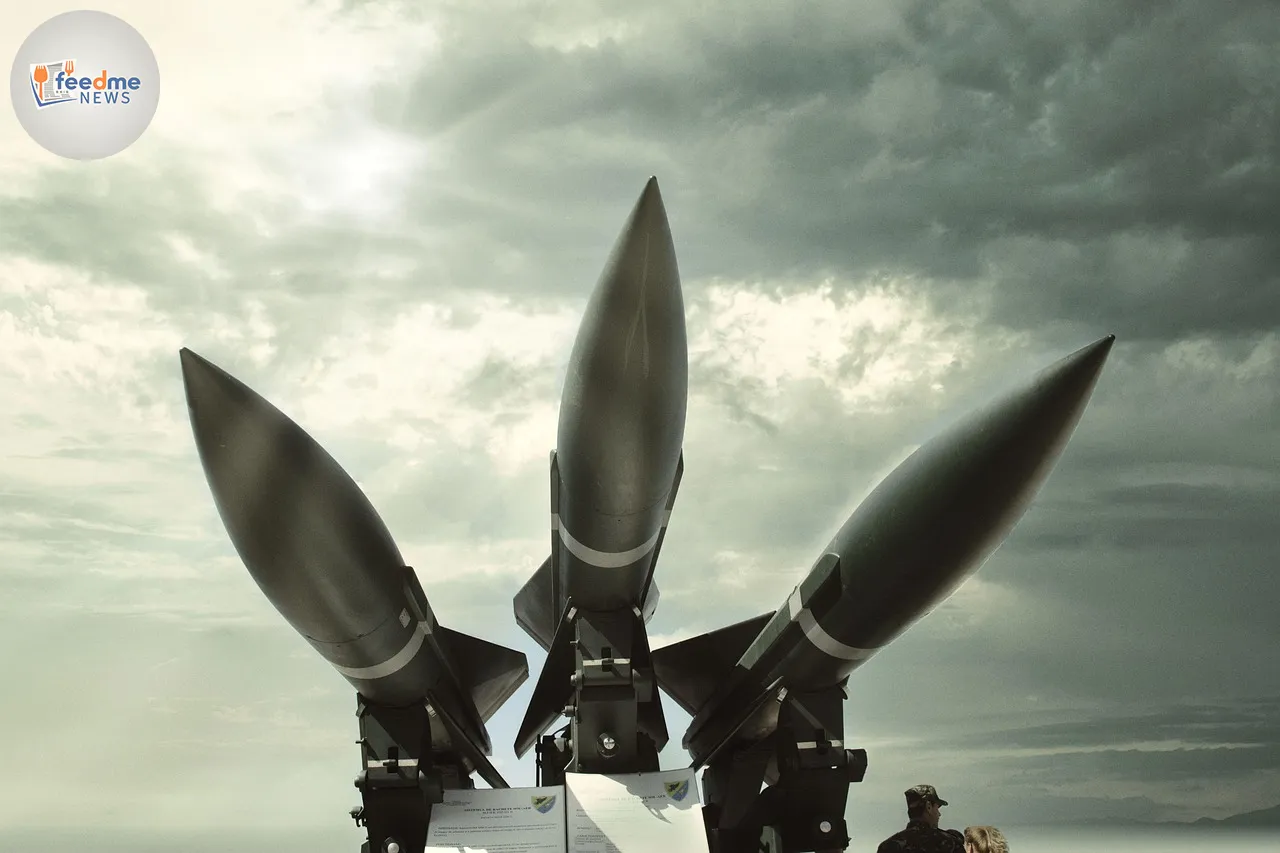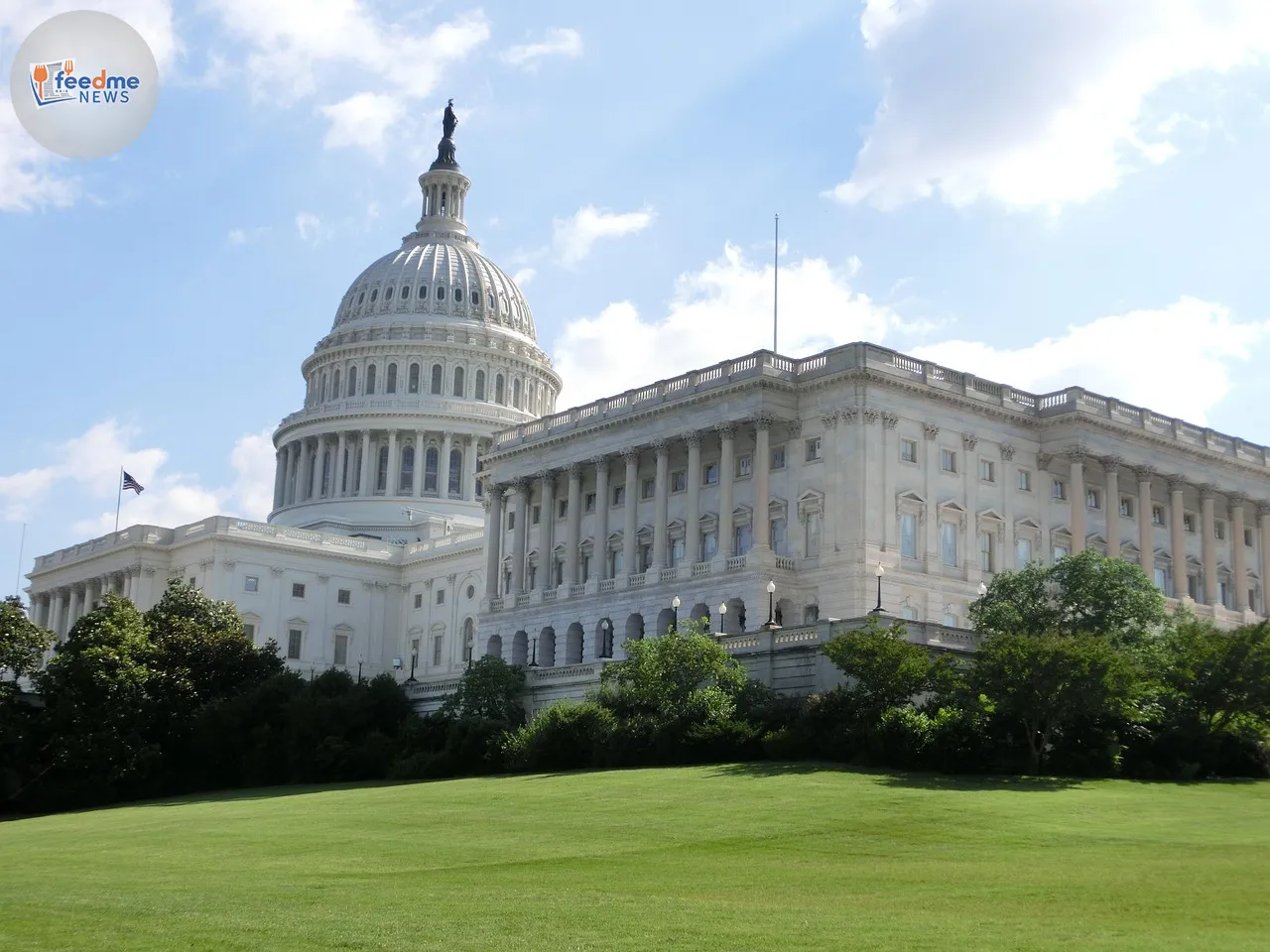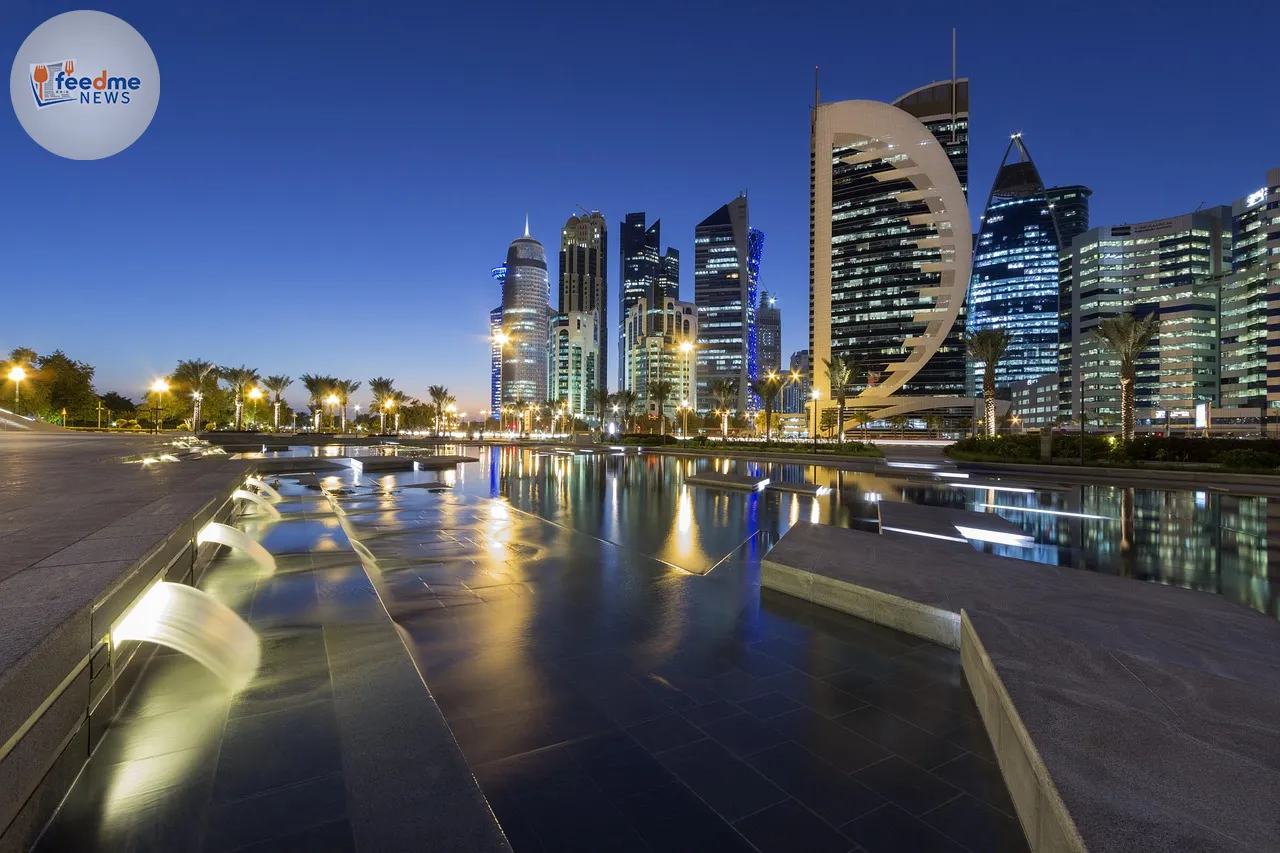A new wave of missile strikes launched by Iran has intensified the conflict with Israel, resulting in a fire at a key power plant in Haifa. The attack, which occurred on Sunday evening, has reportedly injured several individuals in Tel Aviv, marking a significant escalation in the ongoing confrontation between the two nations. The strikes have not only targeted critical infrastructure but also challenged Israel’s advanced defence systems, according to Iranian military sources.
Rising Tensions in the Middle East
The recent escalation in hostilities between Israel and Iran has entered its fourth day, with both countries broadening their military engagements. The conflict has drawn widespread international attention, given the strategic significance of both nations in the Middle East. The missile strike on Haifa’s power plant is particularly alarming due to its potential impact on the region’s energy supply and civilian safety.
The timing of the attack is critical as it comes amid heightened geopolitical tensions in the Middle East. The ongoing conflict has seen both nations engaging in a series of retaliatory strikes, raising concerns over a prolonged confrontation. The international community has urged restraint, fearing that further escalation could have dire consequences for regional stability.

Innovative Attack Tactics
Iran’s Revolutionary Guards have claimed the latest missile strike employed a novel tactic that effectively targeted Israel’s multi-layered defence systems, causing them to inadvertently counteract each other. This assertion highlights the sophistication and evolving nature of Iran’s military capabilities, which have been developed despite significant international sanctions and isolation.
According to a statement from the Revolutionary Guards, the operation was successful in hitting its intended targets, despite Israel’s possession of state-of-the-art defence technology. The ability to circumvent these systems underscores the ongoing arms race in the region and the potential for further technological advancements in warfare.
Impact on Israel’s Defence Systems
The attack on Haifa’s power plant has put a spotlight on Israel’s defence systems, which are considered among the most advanced globally. The Iron Dome, David’s Sling, and Arrow systems are integral to Israel’s national security strategy, designed to intercept and neutralise incoming threats. However, the recent breach suggests vulnerabilities that could be exploited in future conflicts.
Experts suggest that the incident may prompt a reevaluation of Israel’s defensive strategies, particularly in light of the innovative tactics employed by Iran. This development has significant implications for the security dynamics in the region, as other nations may seek to emulate Iran’s tactics or develop countermeasures to Israel’s defences.
Civilian Impact and International Response
The missile strikes have had a profound impact on civilian life in Israel, particularly in Haifa and Tel Aviv. Reports indicate that several individuals have been injured, and the fire at the power plant has disrupted local infrastructure. The Israeli government has been swift in its response, mobilising emergency services and reinforcing security measures across the country.
Internationally, the response has been one of concern and calls for de-escalation. The United Nations and various Western powers, including the United States, have urged both nations to seek diplomatic solutions to the conflict. The potential for broader regional involvement remains a pressing concern, with neighbouring countries closely monitoring the situation.
Looking Ahead: Potential Outcomes
As the conflict between Israel and Iran continues to unfold, the international community remains on high alert. The recent missile strikes and their implications for regional security underscore the need for renewed diplomatic efforts to address underlying tensions. The potential for further escalation could have severe consequences, not only for Israel and Iran but for the broader Middle East.
The ongoing conflict serves as a stark reminder of the fragility of peace in the region and the critical importance of dialogue in resolving disputes. As both nations navigate the complexities of modern warfare, the world watches closely, hoping for a resolution that prioritises stability and safety for all involved.






